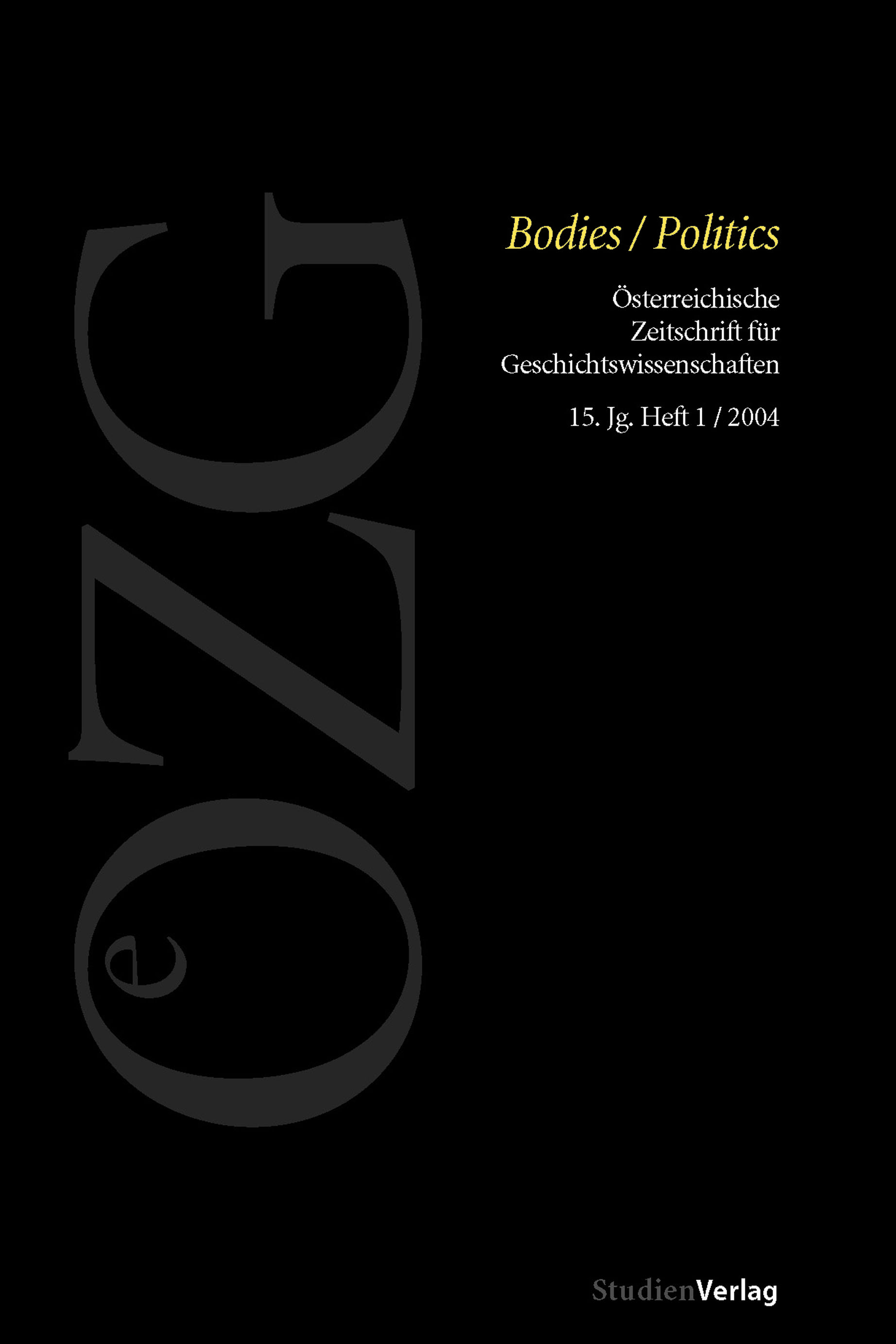Die Verletzung der Gemeinschaft
Zur Relation der Wort- und Ideengeschichte von »Vergewaltigung«
DOI:
https://doi.org/10.25365/oezg-2004-15-1-3Abstract
The German term »Vergewaltigung« (rape and violation) conflates women’s bodies and the communal body. Its use as a term for sexual violence constantly reproduces this relationship. The etymology of »Vergewaltigung« shows that the word has always had the connotation of creating community through violence against others. The explicit sexual meaning arose only at the turn of the 19th to the 20th century. Thus, the history of the idea of rape/violation reveals that rape is not a violent deed which is directed against the sexual and personal rights of the woman or girl affected. Rather rape is considered as a crime against female reproductive functions which belong to society. Of special importance is that rape is only acknowledged as a criminal act when the culprit is an outsider, foreigner or stranger. This perception is exemplified by Schiller’s The Conspiracy of Fiesco at Genoa. In this tragedy, the raped woman is a metaphor for the violation of the raped bourgeois community. In German law, the term »Vergewaltigung« was installed at the same time that a change of the concept of rape to a crime against the personal liberty of women took place in 1973. Yet the notion of community still persists, as the example of the »Toros trial« in Bremen in 2001 demonstrates. In this case, the two rapists were proved not guilty, because the woman was convicted as a lesbian (her communal reproductivity being severely limited), an alcohol addict and a person who dared to speak openly about the harm being done to her.


